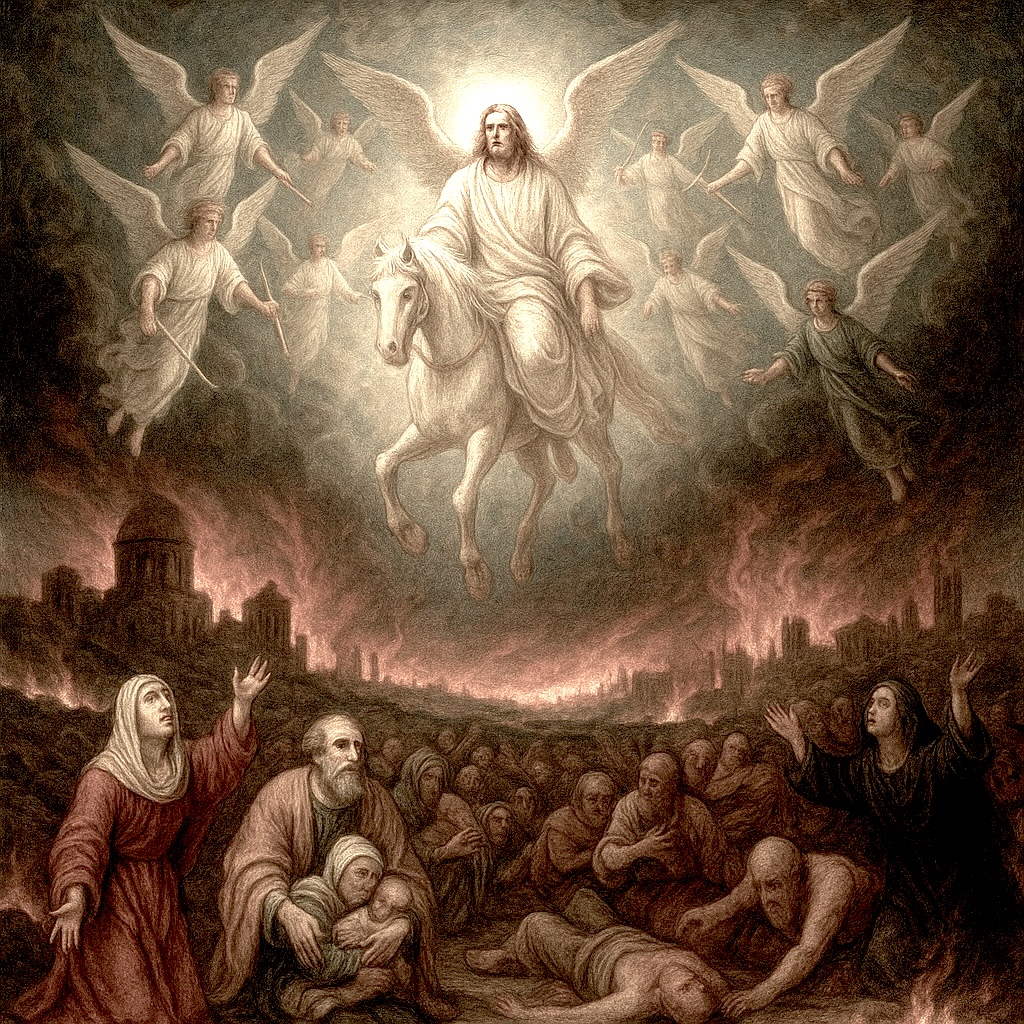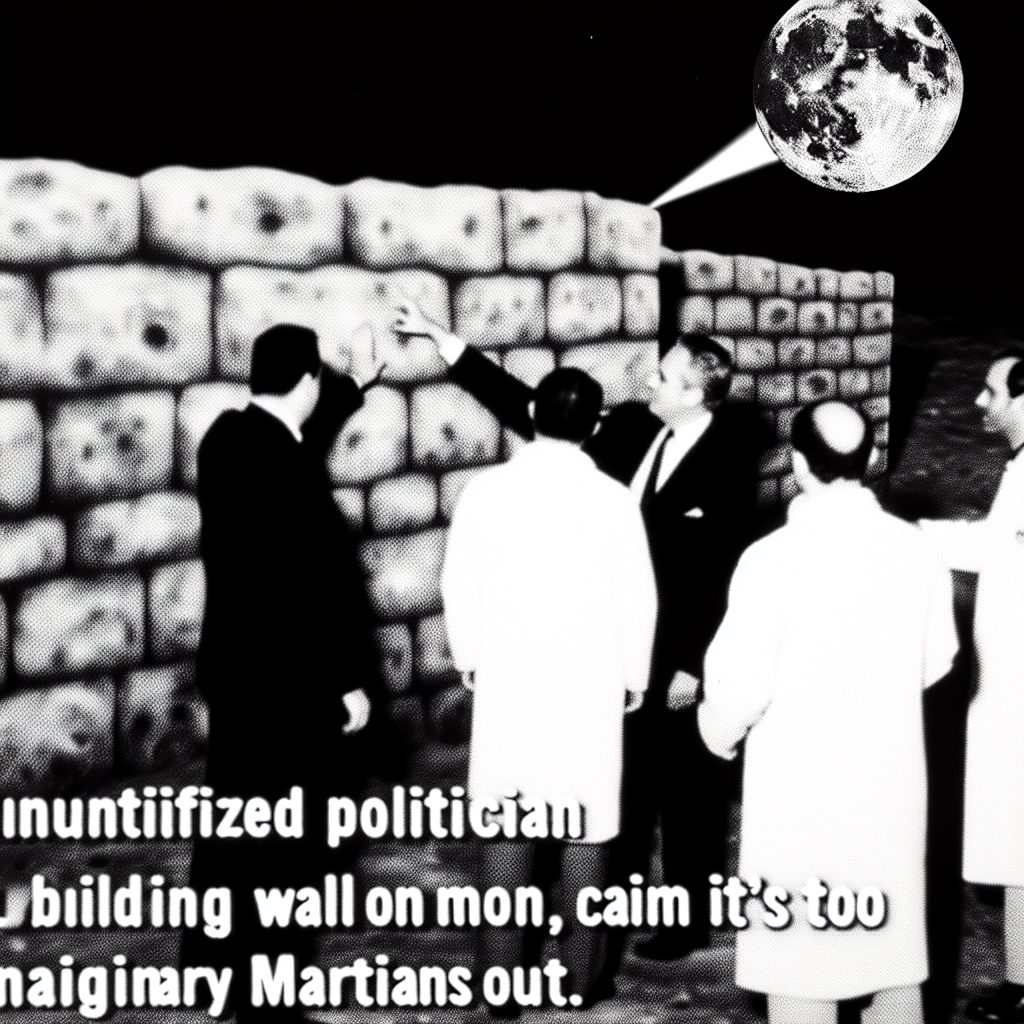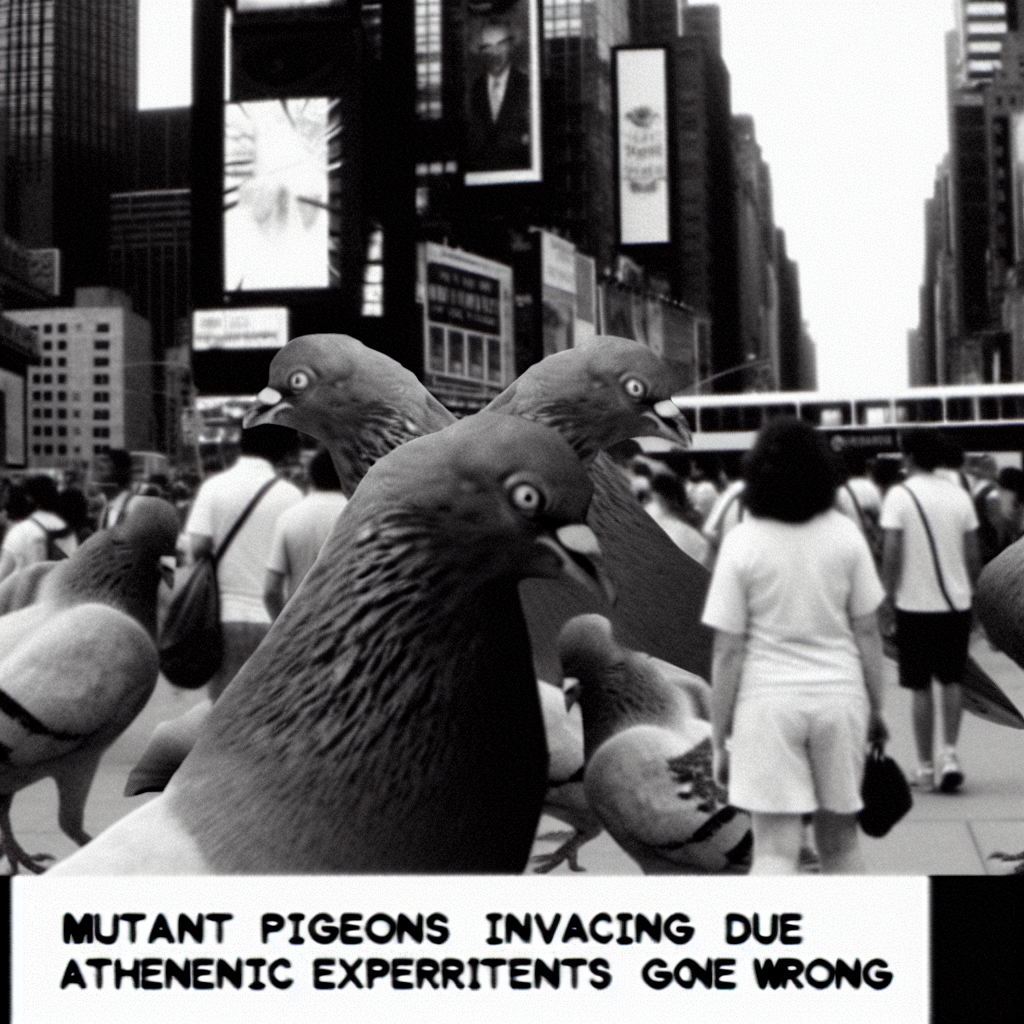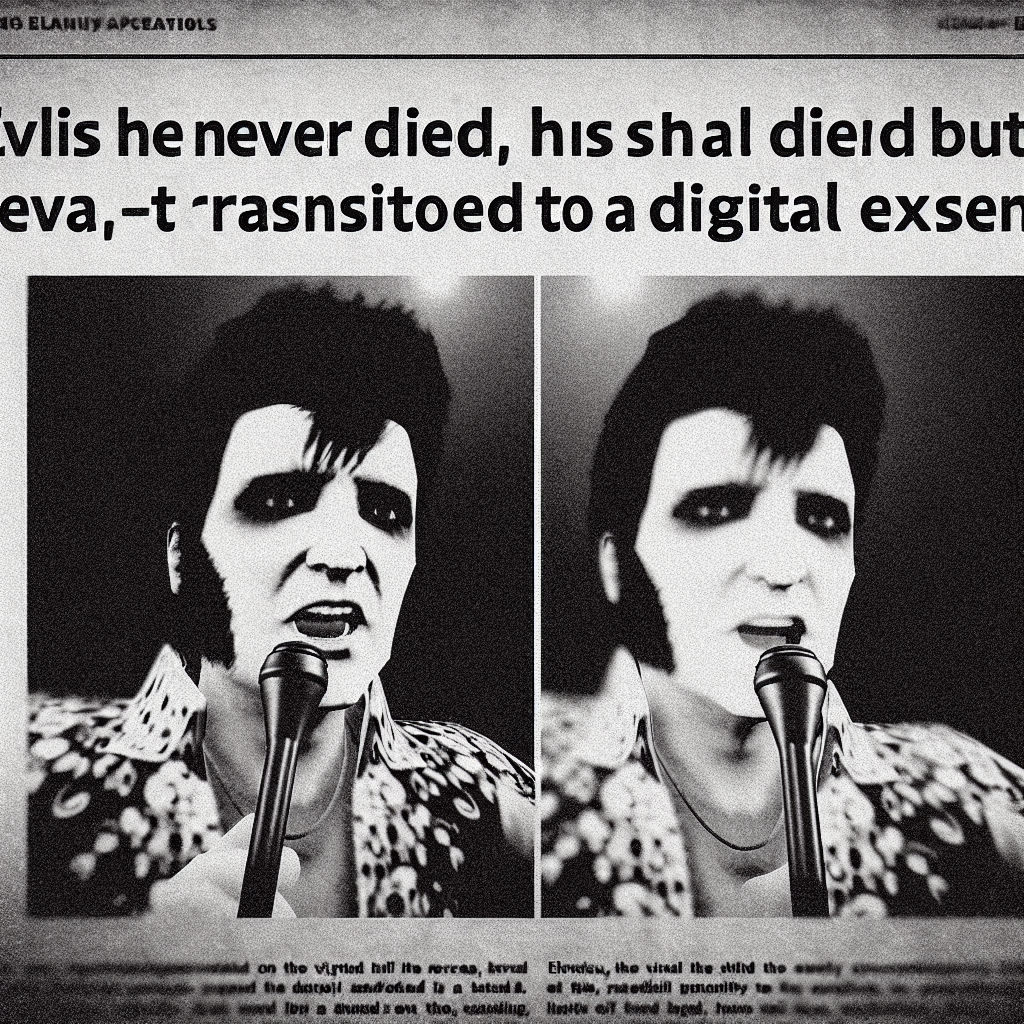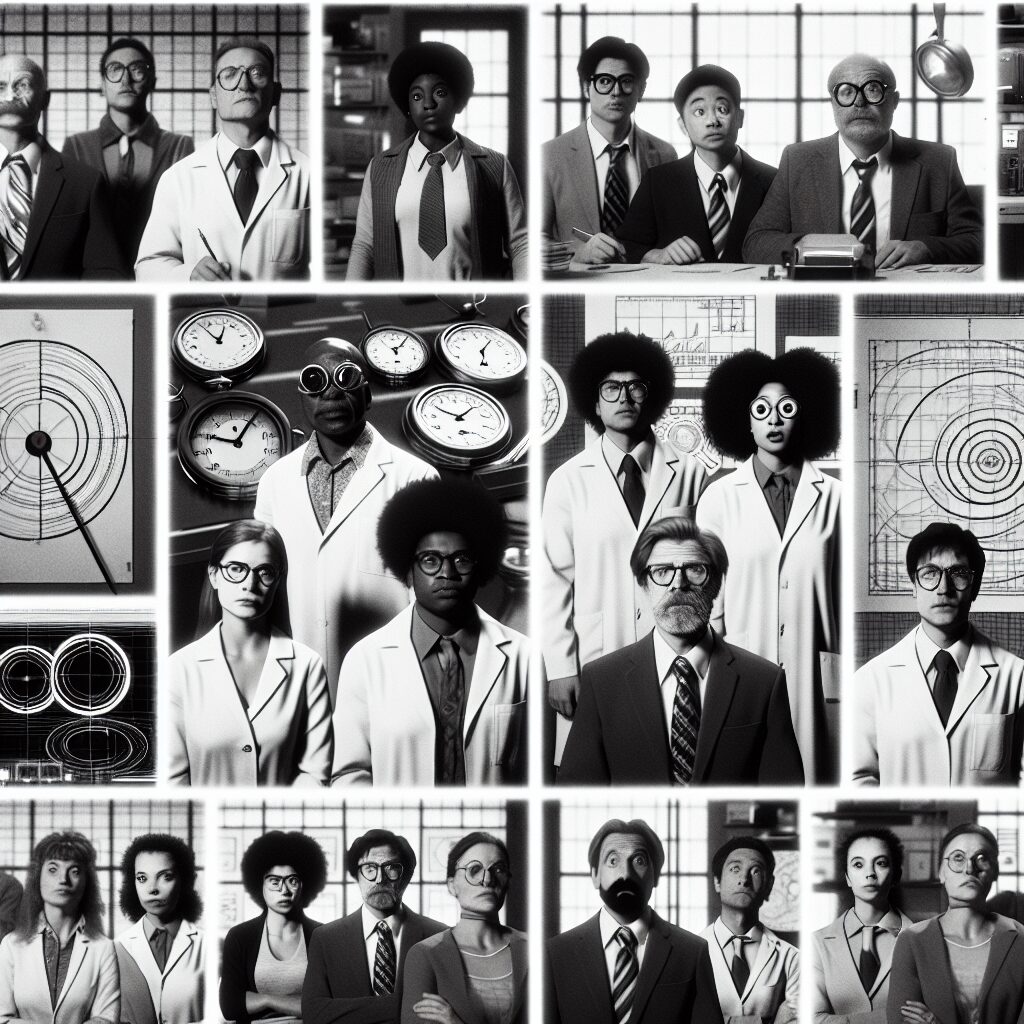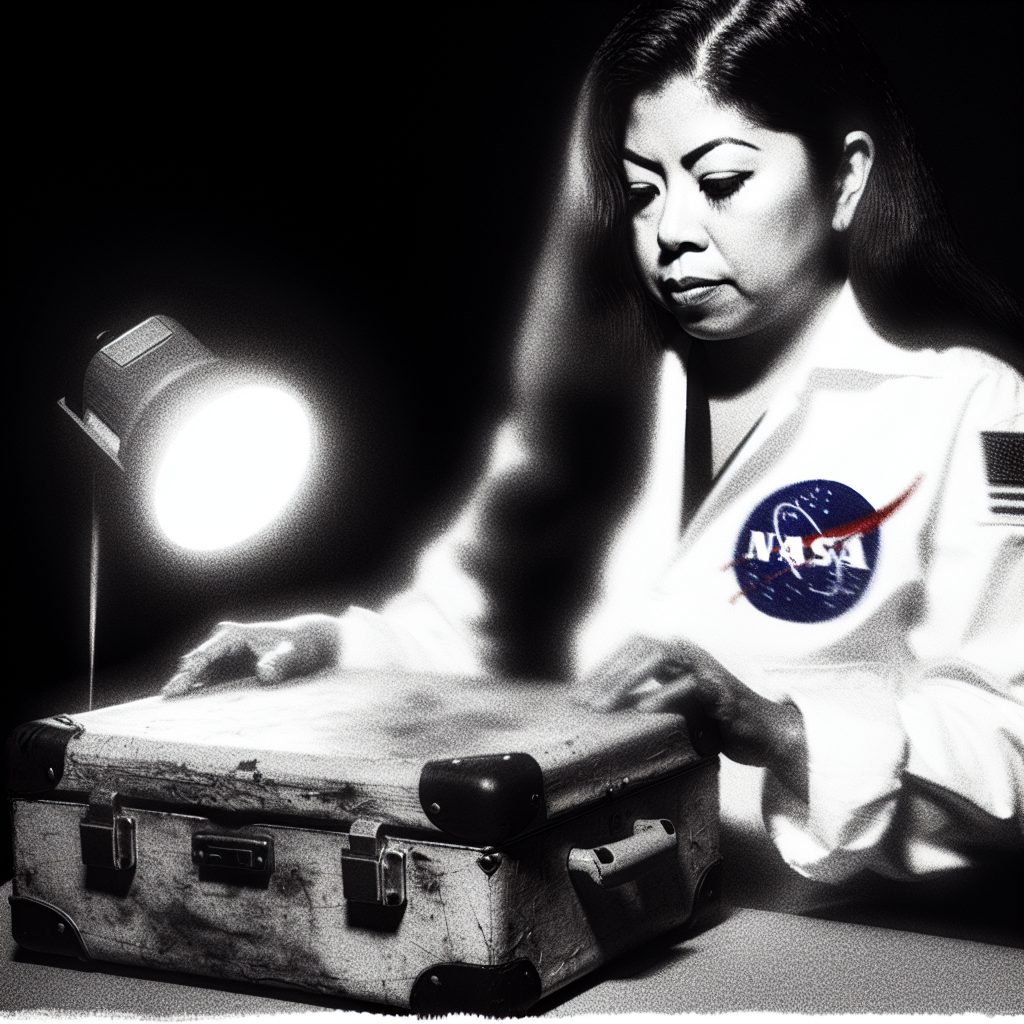Scientists prove Monday is actually 48 hours long
Time experts baffled, office workers vindicated
PRINCETON, NJ – A groundbreaking study conducted by the Institute for Temporal Anomalies has sent shockwaves through the scientific community after researchers definitively proved that Mondays contain exactly 48 hours, while all other days of the week maintain the standard 24-hour duration.
The explosive findings, published in the controversial Journal of Chronological Disruptions, reveal what millions of office workers have suspected for decades: Mondays are unnaturally, impossibly long. Using sophisticated atomic clocks, quantum temporal sensors, and what lead researcher Dr. Miranda Clockworth calls “previously classified government time-tracking equipment,” the team documented the phenomenon across 47 different time zones over an 18-month period.
“The data is irrefutable,” declared Dr. Clockworth, whose wild gray hair and thick-rimmed glasses give her the appearance of someone who has stared too long into the abyss of time itself. “Every Monday, without exception, stretches to exactly 47 hours, 59 minutes, and 37 seconds. The extra 23 hours and 59 minutes simply… exist. They’re hidden in plain sight, compressed into what we experience as a normal day through what we’re calling ‘temporal cramming.'”
The discovery began when janitor Earl Mundane of Dreary & Associates accounting firm noticed his Monday shift felt “like it went on forever and then some.” Mundane, who has cleaned the same office building for 23 years, approached the researchers after reading about their time studies in a supermarket tabloid.
“I always knew something was fishy about Mondays,” Mundane explained, nervously adjusting his custodial cap. “I’d start mopping at 6 AM, and by lunch it felt like I’d been working for three days straight. The fluorescent lights seemed dimmer, the coffee got colder faster, and I swear I watched the same minute on the clock tick by at least forty times. When these science folks hooked up their fancy machines in our break room, they proved I wasn’t going crazy.”
According to the research team’s findings, the phenomenon appears to be linked to what they term “collective temporal resistance” – a previously unknown force generated by the combined dread of millions of workers returning to their jobs after the weekend. This psychic energy somehow interacts with Earth’s rotation, creating a “time bubble” that stretches Monday’s duration while maintaining the illusion of normal time passage.
Dr. Heinrich Zeitgeist, former director of the now-defunct Department of Impossible Physics at an undisclosed European university, reviewed the Princeton team’s data and expressed both amazement and concern. “This explains so many anomalies we’ve detected over the years – the Monday Morning Productivity Paradox, the Weekend Memory Fade Effect, even why coffee shops report selling 340% more caffeine on Mondays compared to other weekdays. But if they’re right about temporal cramming, we’re looking at a fundamental breakdown in the fabric of space-time that occurs 52 times per year.”
Government sources, speaking on condition of anonymity, suggest that classified military research into “weaponized boredom” may be connected to the Monday phenomenon. Internal documents allegedly reference Project Eternal Drudgery, a Cold War-era experiment designed to slow enemy productivity by manipulating their perception of work-week duration.
The implications extend far beyond office buildings. The research team discovered that Monday’s extended timeline affects everything from plant growth rates to radioactive decay, suggesting the anomaly operates at the quantum level. Traffic lights remain red 23% longer on Mondays, internet connection speeds decrease measurably, and even atomic particles appear to move more sluggishly.
Corporate executives worldwide are reportedly in emergency sessions, trying to calculate how this discovery affects productivity metrics, payroll calculations, and employee overtime compensation. Several major companies have already filed lawsuits demanding retroactive payment for the millions of “stolen hours” their workers have unknowingly endured.
Meanwhile, Tuesday through Sunday continue to operate normally, though researchers warn they’ve detected “temporal ripple effects” that may be gradually extending into Tuesday mornings.
The characters and events depicted in this story are entirely fictitious. Any similarity to real persons, living or dead, or to actual events is unintentional and purely coincidental.


